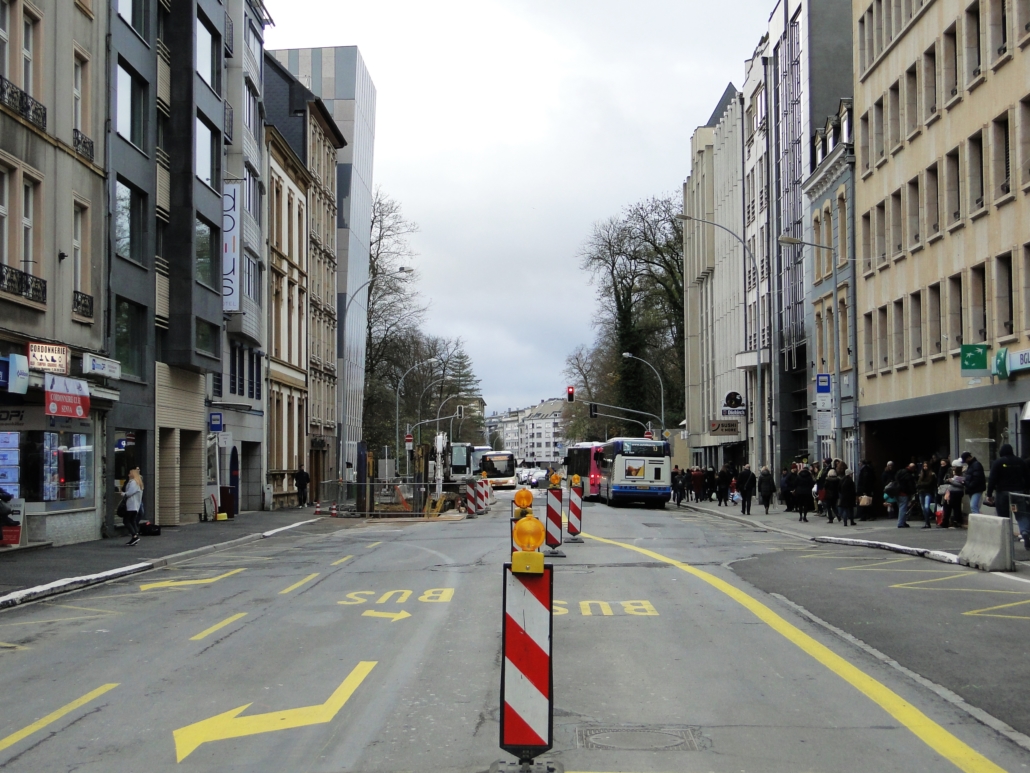4 Updates on SDG 11 in Luxembourg

Luxembourg is a small European country sandwiched between Belgium, France and Germany. Around 630,000 people live in the nation, which has a landmass smaller than the U.S. state of Rhode Island. As a member of the United Nations, Luxembourg is subject to an annual Sustainable Development Report. The report encompasses goals ranging from zero hunger to gender equality. Sustainable Cities and Communities is number 11 on the list of 17 Sustainable Development Goals (SDGs). SDG 11 is an attempt to “make cities and human settlements inclusive, safe, resilient and sustainable.” Rent overburden in Luxembourg contributes to the significant challenges the nation faces, but progress toward achieving SDG 11 is moderately improving. Here are four updates on SDG 11 in Luxembourg.
4 Updates on SDG 11 in Luxembourg
- Air Quality: Luxembourg’s annual mean concentration of particulate matter is fewer than 2.5 microns in diameter (PM2.5). This is a measurement of the level of air pollution that can afflict humans with “severe health damage” and respiratory issues. Luxembourg’s level of PM2.5 is declining at a much better rate than in previous years but is still a fair distance from the UN’s long-term goal. While Luxembourg has better air quality than Belgium, France and Germany, it is still behind other European nations like Ireland, Portugal, Spain and most of Scandinavia.
- Improved Water Source Access: Between 99-100% of the urban population of Luxembourg has access to improved drinking water in their homes. This is the standard for industrialized nations, although some E.U. members like Italy, Serbia and Ireland have lower SDG ratings than Luxembourg.
- Satisfaction with Public Transport: A remarkably high percentage of Luxembourgers have satisfaction with their local public transportation systems. The SDG goal is to have 82.6% of the population satisfied, and Luxembourg is extremely close with nearly 79% of the population reporting satisfaction. In Europe, only Switzerland eclipses Luxembourg in this category. As of March 1, 2020, Luxembourg offers entirely free public transportation across the country. The government can absorb costs related to free public transportation due to the exponential economic growth the country continues to enjoy (although COVID-19 may put a damper on this growth). No-cost public transport in Luxembourg is a major reason why its citizens have the seventh-highest level of satisfaction with public transportation in the world.
- Population with Rent Overburden: Significant challenges remain for alleviating rent overburden in Luxembourg. Almost 17% of the population lives “in households where the total housing costs represent more than 40% of disposable income.” The UN goal is 4.6% of the population. Luxembourg is not close to achieving this SDG and unfortunately, the percentage is rising. The Luxembourg Times attributes this to high demand for housing coupled with a low supply. The newspaper also cites “the astronomical price of land.” Another prominent newspaper laments that “buying a home is out of the question for many [Luxembourgers]” and says young people often must live abroad or with their parents if they want to avoid ridiculously high rent prices. Some residents even resort to scouring legal code in the hopes of finding obscure laws that will reduce their rent. Rent overburden in Luxembourg is the most significant challenge to creating sustainable cities and communities.
Looking Forward
While rent overburden in Luxembourg is a significant roadblock for achieving SDG 11 in Luxembourg, free public transportation is a critical building block for sustainable cities and communities. Workers commuting to Luxembourg from abroad (it is just a 30-minute drive from Luxembourg City to Germany, France or Belgium) contribute to air pollution, but air quality is improving, albeit slowly. One can partially link this to more Luxembourgers opting for public transportation as opposed to their personal vehicles.
NGOs like the Luxembourg Anti-Poverty Network are working to reduce rent overburden, although a more concerted effort in conjunction with the government is necessary. Though challenges remain for Luxembourg to develop sustainable cities and communities, steps like providing country-wide free public transportation are positive signs that Luxembourgers have committed themselves to the achievement of SDG 11.
– Spencer Jacobs
Photo: Wikipedia Commons
